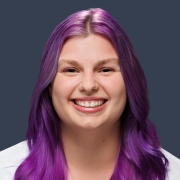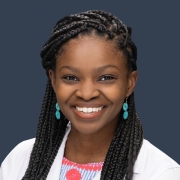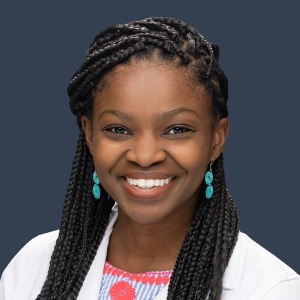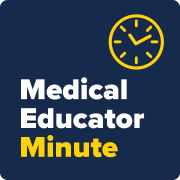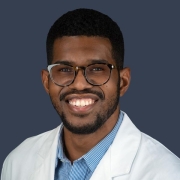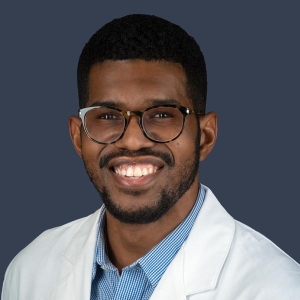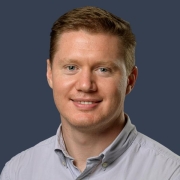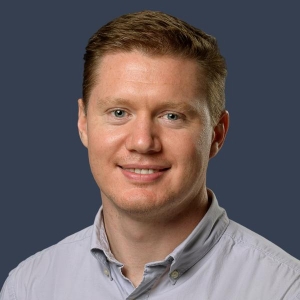People Profile – Dr. Hannah Gaynier
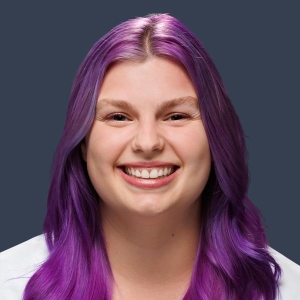
Hannah Gaynier, MD, (PGY 2; Pediatrics)
For Hannah Gaynier, MD, (PGY 2; Pediatrics) it was a passion for public health that led her to medicine. Fewer barriers and greater access to care, especially for the pediatric population, are on her wish list for the future. “Healthcare within all school systems is a dream of mine,” she says.
She also craved a career where she could develop personal relationships, like those physicians are able to establish with their patients. Now in her second year of residency at MedStar Georgetown, Dr. Gaynier appreciates the perspective that her patients provide.
“Even in the more difficult times, pediatric patients always seem to find ways—like a silly drawing they’re proud to show off—to remind providers of the all the joy that exists.”
Away from the hospital, Dr. Gaynier finds perspective by being outside, and she says nature is an important balance to the clinical setting.
“A walk in Rock Creek Park is all my mind needs sometimes to remember that a whole life exists outside of residency,” she says.
She likes to remind her colleagues to maintain perspective, too. Dr. Gaynier encourages her fellow residents at MedStar Health that no one expects them to be an expert on everything. “Give yourself permission to admit to yourself (and sometimes even to your patients) that you are uncertain. And use that uncertainty as a motivator to learn more,” she says.
Dr. Gaynier’s interest in learning doesn’t just apply to her day job. She also loves to bake and enjoys testing out new recipes from her favorite baking blogs on her (very lucky and, likely, very willing!) colleagues at least once a month. “Fortunately, my residency program has agreed to be my guinea pigs!”

